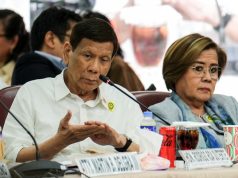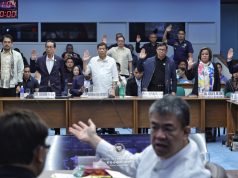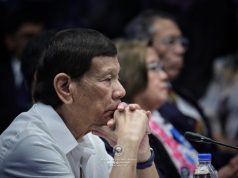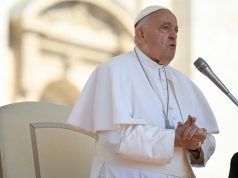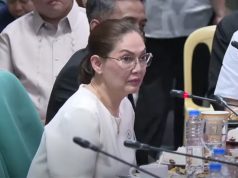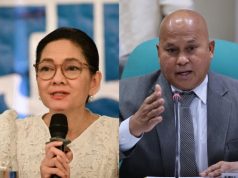
MANILA, Philippines – How can barangays become drug-free?
According to Department of Interior and Local Government (DILG) officer-in-charge (OIC) Catalino S. Cuy, a village can be declared “drug-cleared” or free from illegal drug activities if it meets these six requirements:
1. Non-availability of drug supply
2. Absence of drug den, pusher, user
3. Absence of clandestine drug laboratory
4. Active involvement of barangay officials in anti-drug activities
5. Existence of drug awareness, preventive education and information
6. Existence of voluntary and compulsory drug treatment and rehabilitation processing desk
Cuy said these requirements are mandated under Dangerous Drugs Board Regulation No. 3 series of 2017.
“It is incumbent upon barangays to adopt measures towards the prevention and eradication of drug abuse within their areas,” the DILG official said in a statement issued on Sunday, April 23.
“They are mandated by law to allot budget and enact ordinances intended to prevent, suppress and impose penalties for drug addiction, maintenance of drug dens, and drug pushing,” added Cuy.
The DDB regulation also prescribes three phases of clearing drug-affected barangays.
The “pre-operation phase” starts with laying groundwork and bases for effective and sustainable clearing operations.
House clusters are to be organized with designated cluster leader in each barangay, who will directly report to the Barangay Anti-Drug Abuse Council (BADAC) Chairperson all essential facts of any illegal drug activities within his/her cluster such as names of pushers or users, marijuana cultivation activities, clandestine laboratory operations, and other drug-related data.
City or municipal anti-drug abuse council and local police unit will then formulate and validate a watch list of drug personalities in every barangay.
Moreover, the “operation phase” is the actual implementation of drug supply and demand reduction strategies in priority drug-affected barangays.
Meanwhile, the “post-operation phase” aims to maintain the “drug-cleared” status of barangays, thru support activities to be funded from the general fund of a barangay.
Issuance of drug-clear Certificate
The DDB Regulation further directs the establishment of oversight committees which is responsible in declaring a barangay as drug-free after satisfying all parameters.
An oversight committee is headed by a chairperson who is the Regional Director of the Philippine Drug Enforcement Agency (PDEA) or a representative and a vice-chairperson who is the DILG regional director or a representative.
Its members are representatives of Philippine National Police (PNP), Department of Health (DOH), and a local government unit (LGU) representative appointed by a local chief executive.
After assessment and validation, the oversight committee will issue a certification declaring drug-cleared status of affected barangay pertinent to the compliance with the parameters.
The certificate must be attested by the chairperson of the Oversight Committee, city or municipal anti-drug abuse council, Chief of Police, and validated by PDEA Regional Director.
The guideline says that in the event that there are new reports of any illegal drug activities, the status of the barangay shall not be automatically reverted to drug-affected barangay.
Upon validation of the Oversight Committee, the barangay will be given 30 days to take appropriate action. Failure of the BADAC to address the report is a ground to declare the concerned barangay as “drug-affected” and will be subjected to barangay drug clearing operations.
Cuy directed all PNP and DILG regional directors and field officers “to cause widest dissemination” of the DDB regulation and ensure compliance by concerned LGUs.




